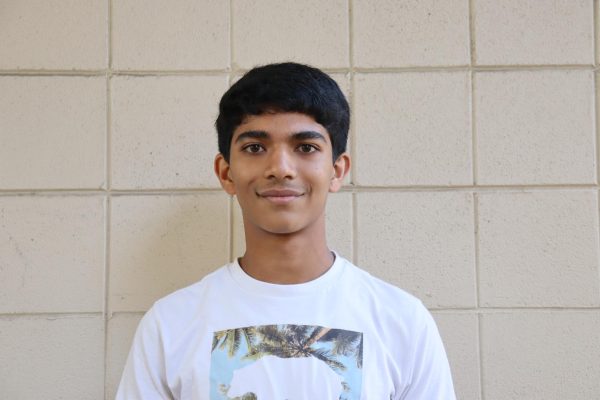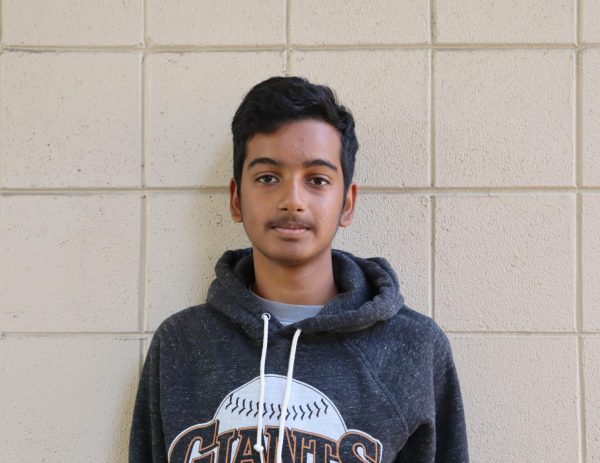The Nathan’s Hot Dog Eating Contest, held yearly on the Fourth of July, has always been an exciting watch. The event draws 40,000 spectators to Coney Island, while about a million people watch from home.
It features a men’s and women’s competition, usually with around 20 serious eaters. However, this year’s competition was missing the star who dominated the event for years.
Joey Chestnut, a San Jose native and 16-time Nathan’s Hot Dog Eating Champ, was prohibited from competing as he endorses a “rival brand,” plant-based brand Impossible Foods. Chestnut is nationally renowned for his world record of 83 hot dogs in a span of a mere 10 minutes.
Speed Eating reached its peak in the late 2010s, with viral content creators such as Matt Stonie and BadlandsChugs showcasing their impressive skills.
But along with the extraordinary feats set by speed eaters come daunting health scares. The human body has its limits. While training for these competitions, speed eaters go to great extents to maximize their eating capacity, and it’s little surprise that there is a significant cost.
“‘Drinking as much water as I can afterwards till, bluntly put, I feel like I’m going to explode,” Stonie said in an interview with USA Today, describing how he drinks gallons of water to stretch his stomach as far as possible, a common technique among competition eaters. Such extreme practices jeopardize speed eaters’ health, putting them at risk for water intoxication, cerebral edema or swelling of the brain, morbid obesity, Mallory-Weiss tears, gastroparesis, and choking, which can all be life-threatening.
Earlier this year, Japanese competitive eater Takeru Kobayashi announced his retirement on Netflix’s documentary “Hack Your Health – Secrets of Your Gut.” Kobayashi revealed the devastating toll competition eating had taken on his body, stating he met with medical professionals and underwent multiple tests to diagnose the effects of chronic overeating on his nervous system.
“I am Japanese, but I’ve eaten like an American. I think that’s what damaged my body,” he said. “When you eat too much, you don’t savor the taste or fully enjoy the smell of the food. You ignore your body’s signals, like fullness,” remarked Kobayashi. Neglecting his body’s limits has left Kobayashi without a sense of hunger, as he now goes without eating for days on end. His wife described his body as “broken.”
Kobayashi is a prominent example of the dark side of competitive eating.
In the previous decade, there have been a number of bans on eating competitions in the aftermath of several accidental deaths by choking. The long-term implications of the daring lifestyle remain to be seen, but there are a number of red flags to trigger questions about the whole sport.
With or without Joey Chestnut, maybe it’s time for the biggest eating contest of them all to rethink its rules in a way that would allow these professional eaters to retire without significant health issues.

































